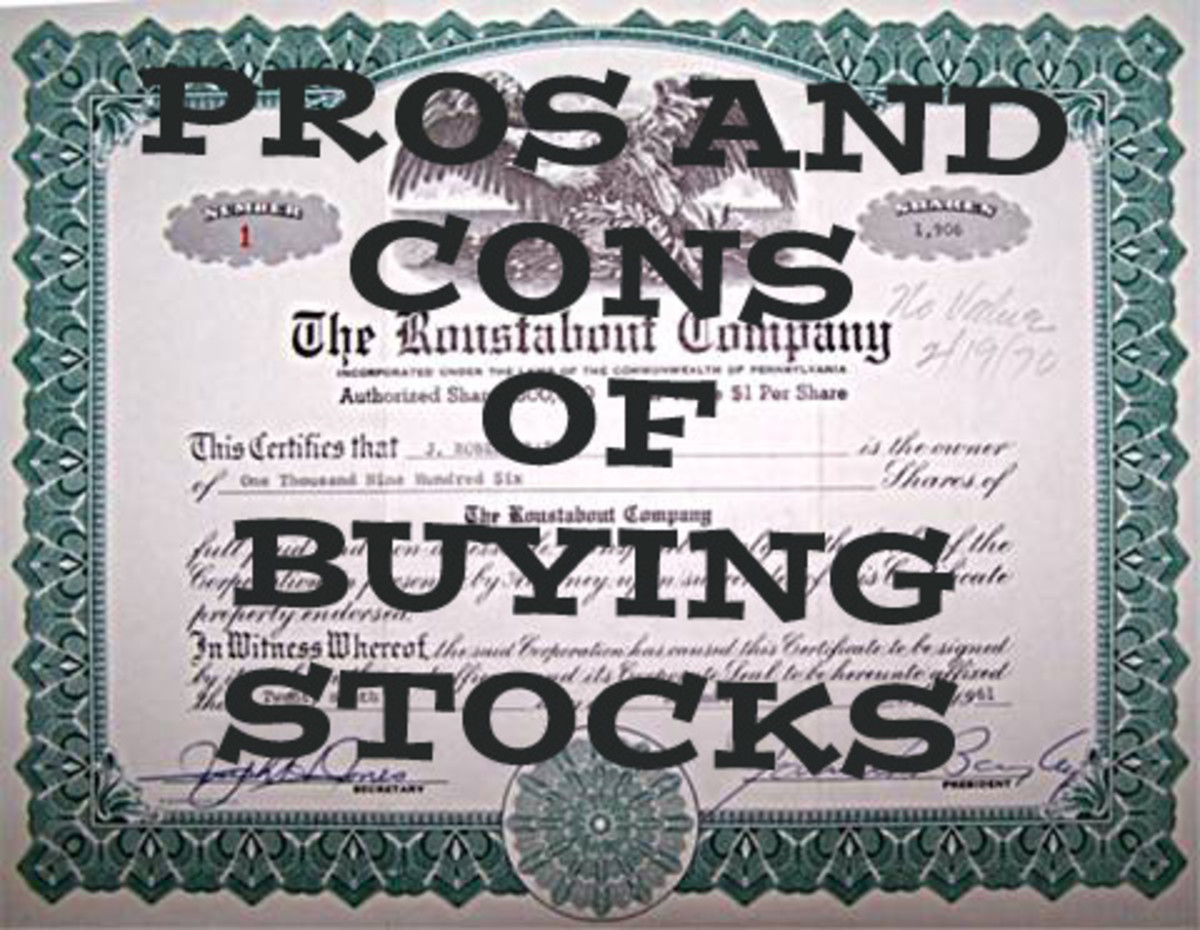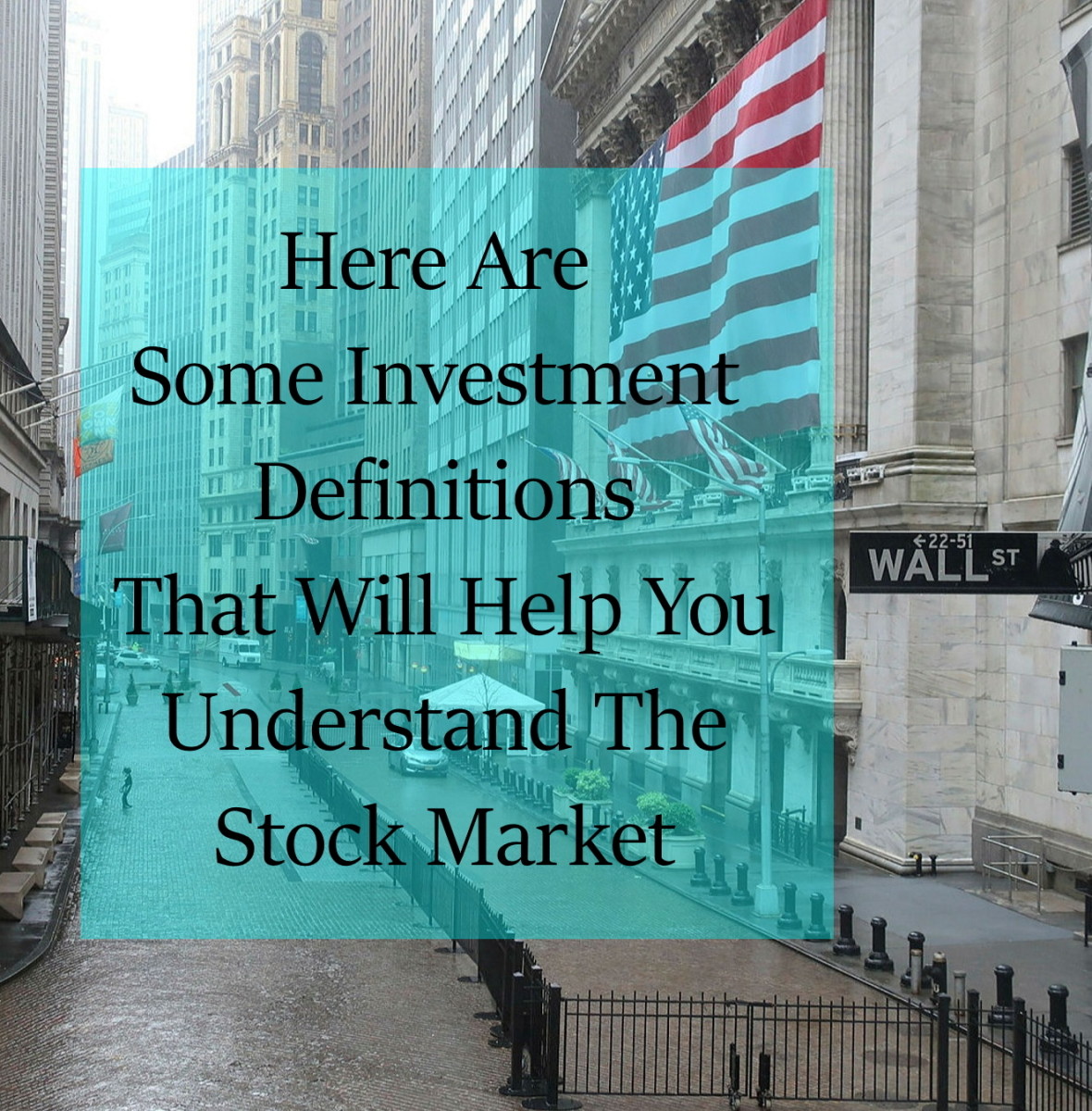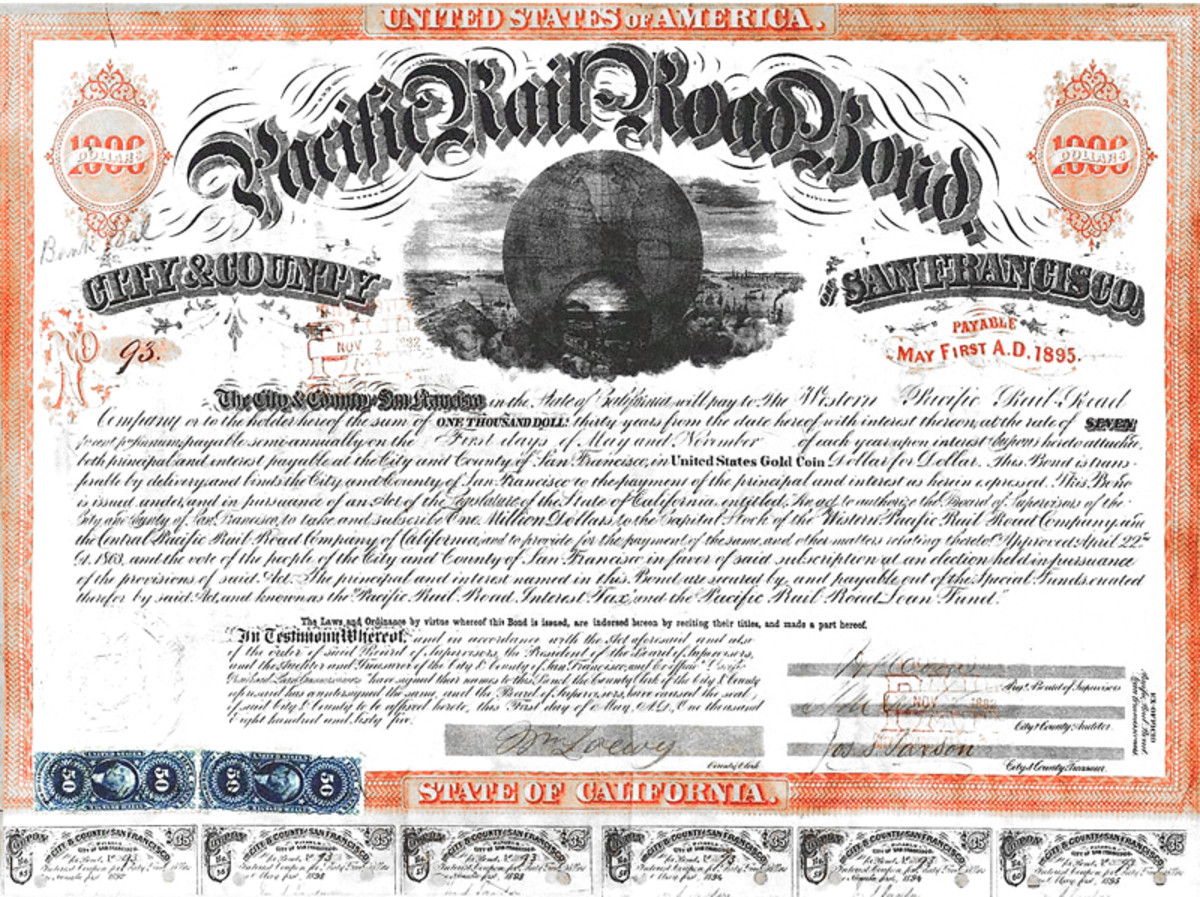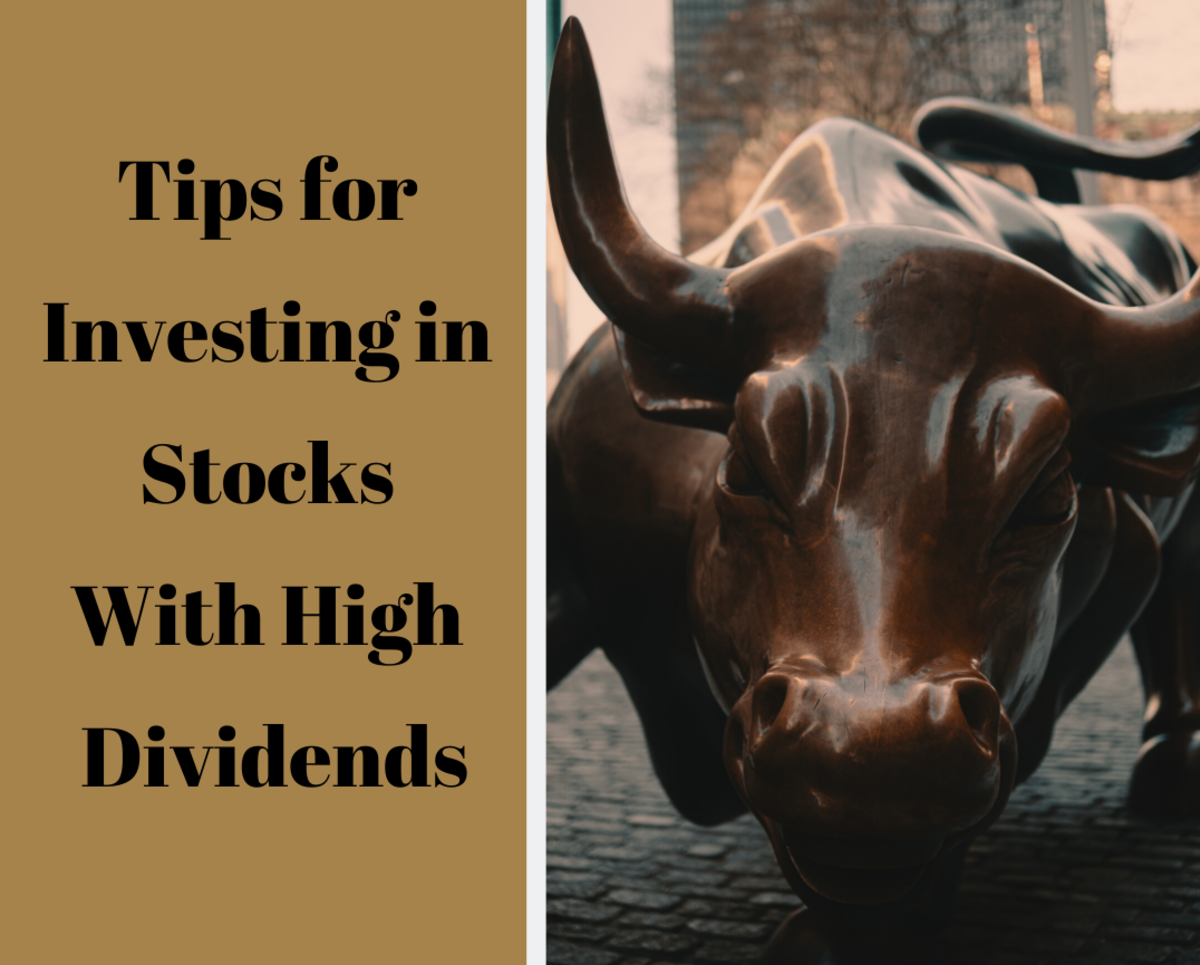The Stock Market Game - How To Make Money By Investing In Stocks And Shares Without Going Broke.
The Stock Market Game - What are stocks and shares?
Stock is a share in the ownership of a company. Holding a company's stock means you are one of the shareholders of the company, and have a legal claim to part of everything the company owns. Acquire more stock, and your ownership stake grows. Whether you call it shares, equity, or stock, it's all the same thing.
The stock of a business is divided into shares, the ownership of which is documented by a stock certificate, a legal document which declares the number of shares owned.
Companies generate working capital by selling shares. A share in any company is exactly what it says. If you buy shares in Microsoft, you own a little piece of the company for as long as you hang on to them.
What is a share worth? Whatever the market says it's worth - which is to say, what people think it's worth. If the company prospers, the shares will rise in value and your investment is potentially worth more. If the company hits hard times, the value of its shares will fall.
Note that the following advice pertains to UK investors in particular, but to investors worldwide in general. While there may be different procedures and markets in place, the aim, and the game, are the same.
London Stock Exchange
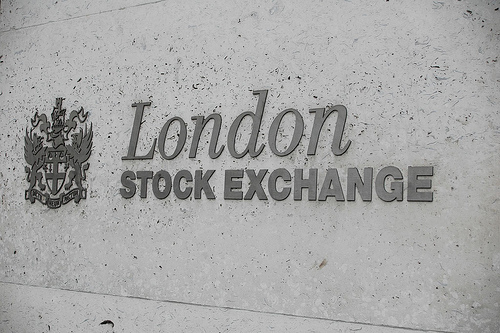
What's The Best Investment?
Shares are really risk capital - investment funds allocated to speculative activity. Risk capital usually refers to funds used for high-risk, high-reward investments, but it applies to safer, less volatile shares in this sense: that you buy them on the understanding that you could, in theory, lose your money. On the other hand, you probably won't, and the returns beat the socks off building society and savings accounts.
If you leave all your money in a building society or savings account, you really will lose all your money, eventually. Its value will erode over time as the rate of interest fails to keep pace with inflation. Money placed into gilts - Government issued bonds - will do better, but nowhere near as well as equities, or ordinary shares, will do. A sensible shares investment as a part of your financial planning will help you get the maximum return on your money.
How Can I Spread The Risk? Stock Market Basics
Spreading your risk means buying a variety of shares to build a balanced portfolio, with holdings in different companies and industries. That way, if one company or industry has a hard time, your overall investment is largely unaffected.
If you invest every penny you have in one high risk stock - guess what happens if the company folds? Exactly. You get to live in a cardboard box. The people the company owes money to will get paid first. As a shareholder, you're at the end of the line when it comes to getting back the money you put in. Wise investors know they need to diversify to cover the risk.
Invest in Blue Chip companies - big, established companies with a long track record and stable share prices - for basic security, before you branch out into higher risk/ bigger reward investments. Don't put all your eggs in one basket, in other words.
The World's Greatest Money Maker: Warren Buffett
How Do I Start Investing In Stocks And Shares?
Start playing the stock market game by picking some shares and tracking them for a while before you even think about spending any money. Start your own hypothetical portfolio with a big wad of imaginary cash, just to get a sense of what's possible and to test your new knowledge. If your actual test investment has no real monetary value, you're not likely to be bothered by any emotional responses to the market's rise and fall. Training yourself to keep a cool head in response to real world market events could save you money when you start to invest the real thing later on.
Buy a newspaper that contains regular share price reports. Pick your potential shares, decide how many of each you're going to buy with your imaginary money, and keep an eye on their performance over a matter of months, just to see how the market reacts to news about the political and financial climate, and to watch your investment grow. Or shrink, depending on how well you picked.
How do you pick your shares? By their dividend yield, and their price/earnings ratio, which is how the rest of the market judges them. The dividend yield is the return from the income expressed as a percentage of the money you paid for the share. The price/earnings ratio tells you how many years it would take for the net profits after tax (earnings) to equal the current share price. For example, if a company makes 10 c a share earnings, and the share price is 100 c, then the price earnings ratio is 100/10 = 10. This is usually called the p/e.
Where Do You Get The Money To Invest?
From savings. But knowing when, and how much to invest, is something that needs to be considered.
Are you in debt? Pay off your debts first. Compound interest works both ways, and watching a debt grow when you could be paying it off is a nightmare no one wants.
Do you need stuff? Food on the table. Clothes on your back. Petrol for the car. Money for the bills. Every little thing you're going to need at some point over the year ahead. Got those covered? It's no use having money invested if you're living like a tramp.
Are you ready? You know exactly what you're doing. You've picked a number of shares you think will grow in value, and you've got the money to hand, money you're sure you won't need for any other purpose over the coming years. You're ready to invest. Or are you?
If you have to ask, you're not ready. There is always a risk attached to investment, and you can never know too much. It never hurts to wait a little longer, and study a little more. You'll know when you're ready.
Trading Floor
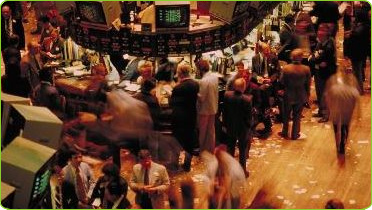
How Do I Buy And Sell Stocks And Shares?
By using the services of a stockbroker. Many UK banks and building societies provide stockbroking services. Among those are many who provide an online service, as do many other stockbroking firms. It pays to shop around and get a notion of what each firm offers and what their charges are.
Before you choose a firm, decide what kind of service you want. Dealing, or execution only, is the bare bones service for investors who know what they're doing and don't want outside advice or financial planning help. This is the cheapest option.
Should I Opt For An Advisory Service? Stock Investing Advisors
If you're not that confident, you may want an advisory service that provides dealing and advice. This may cost a little more, with slightly higher commissions to pay on each deal, but you get access to the firm's investment analysis, and the final decision to purchase is left to you. It's a 'non-discretionary' service, which means that you have final say over what shares get bought and sold. It pays to meet the person who will be advising you, to make sure you're both clear on what your investment objectives are.
Portfolio management is the choice for investors who are prepared to leave their investment decisions to professionals. They buy and sell shares at will, informing you after the event. It's a discretionary service, which means they act on your behalf. Some stockbrokers will insist on a minimum investment in your portfolio before they'll take you on. Many will direct you to unit trusts if you have only a small amount to invest.
BIG WARNING GOES HERE:
'A stockbroker is someone who invests all your money until it's all gone.' - Woody Allen.
Unit trust and Investment trust holdings are the two major professionally managed collective funds available to investors in the UK. Less than half the unit trusts actively managed by teams of financial professionals outperformed the FT-SE-A All Share Index.
Financial advisers can be tied or independent. Tied advisers work for banks or other financial companies, and can only offer you the products of that company. Essentially, they are salespeople who earn commission on the products they sell. And they're not there to get you the best deal. Independent financial advisers aren't much better. They'll profit most by selling you a managed unit trust, but you'll get less of a return on this kind of investment than you would from an index tracker.
Remember: your interests, and the interests of the financial adviser, are not the same. You both want the best return for yourself.
Financial professionals still get their commissions, whether your investments do as well as you'd like, or not. Which is why it's imperative that you, as a small investor, become your own financial expert, and buy and sell the shares you know will pay the best return on your investment.
That's the bad news. The good news is, there's such a lot of good information available now. Check out the recommended books and websites below.
Charlie Rose - An Hour with Warren Buffett
How To Invest

How Much Will Buying And Selling Shares Cost Me?
Stockbrokers make their living from client commissions on transactions. These will vary from firm to firm. Typically they could be between 1% and 2% to buy shares up to £5000, reduced on a sliding scale for larger amounts. Smaller purchases may have a minimum charge. The higher this is, the less they want to deal with small investors, the lower probably means the opposite.
Before you start down this road, ask yourself the following four questions. The answers will help you formulate your investment plan, and keep you clear about what you're doing and why. If you have clear objectives, you can devise a simple system that will help you achieve them. And keeping it simple is half the battle.
Investing is simple. All you're trying to do is buy shares that will increase in value over time, beat inflation, and provide a good return on your investment. In short, make your money grow. Keep that in mind and you can't go wrong.
1- Why am I investing?
2- How much money can I afford to invest?
3- What is my long term aim?
4- How much time can I devote to this?
Why are you investing? To buy a house? A car? Retirement funds?
How much can you afford to invest? Spare cash left over each month? Any savings tucked away?
What is your long term aim? Any figure in mind? How long will it take you to get there?
How much time can you spare for investment research and handling your investments? A couple of hours a week? A day?
New York Stock Exchange

Make An Investment Plan - And Get Investment Advice Online
When you play the Stock Market game for real, it's not a game any more, and the consequences - good or bad - are real. Do your research before you risk any money. Read the books listed below, and check out 'The Motley Fool'.
It's scary to contemplate that many of us live pretty much hand to mouth throughout our working lives. And that we face a bleak retirement if we haven't made adequate financial provision for it. Any advantage you can gain when it comes to making your money work harder for you is worth a small investment of your time and study. Knowledge is power.
The Best Finance Advice
- Fool.co.uk: Stock Investing Advice | Stock Research
The Motley Fool provides premium investing advice and market-beating stock research whether you have £250 to invest or tens of thousands of pounds. - BERKSHIRE HATHAWAY INC.
Berkshire Hathaway, Warren Buffett's investment firm. - FREE Practice account | The Share Centre
Play the markets FREE (because pratice makes perfect!). Our practice account is designed to work as closely as possible to our share dealing accounts, enabling you to hone your investments skills without risking a penny.


